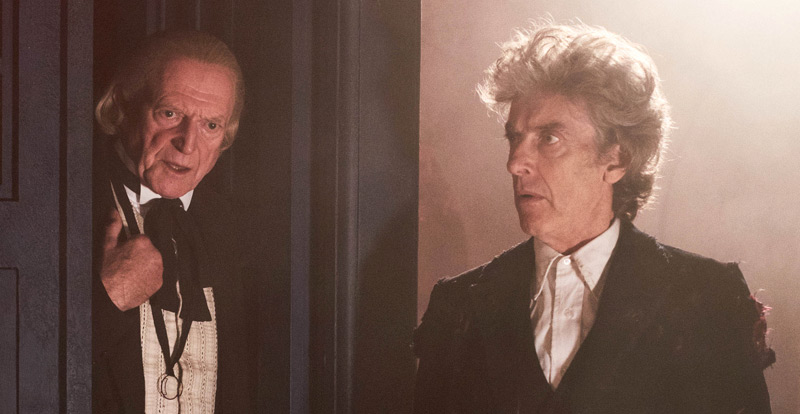Someone Had to Lose (Fire on the Side)
Fire on the Side/Purple Rain (live, 1996)
Another song of frustrated love, but ultimately one that is elevated by the particulars of its subject matter, which sees Amos tackling a classic of songwriting: infidelity. There are, obviously, three perspectives one can write a song about infidelity from. The most common is the person being cheated on, a perspective that allows for sadness (“I Heard it Through The Grapevine,” “Lyin Eyse”), anger (“You Oughta Know,” “Before He Cheats,” the first half of Lemonade), or more innovative perspectives (“Jolene”). Less common but still frequent is the cheater, which allows the singer to cast themselves as a villain, whether a self-pitying one (“The Call”) or an unrepentant one (“O.P.P.”, “It Wasn’t Me”).
The least common, however, is the most consistently interesting: the other woman. Examples exist—Robyn’s “Call Your Girlfriend” is the example par excellence here, although The Long Blondes’ “Giddy Stratospheres” deserves mention. And it is into this more arcane tradition that Amos steps with “Fire on the Side.” Amos approaches the subject, however, without any of the wizened and ironic distance of those artists. Both of those songs take the position of an illicit victor, Robyn full of compassion for the soon to be ex-girlfriend of her lover, the Blondes with nothing but glorious contempt. “Fire on the Side,” however, is a song of the vanquished. The lyrics are as overwrought as anything from the period (“ashes blow / in the windy skye / take my heart / as you go” is, depending on your perspective, either the worst offender or the biggest delight), but are all emphatically pointing in the same direction—a smoldering, frustrated desire for a lover that isn’t going to choose you, which results in the song having a focused coherence that neither “Fayth” nor “Heart Attack at 23” were capable of mustering, and that stands out compared to most of the rest of the album as well.
Autobiography is a cheap but inevitable lens; certainly it’s the one that Chiccarelli favors, explaining that “I remember [“ Fire on the Side”] was really difficult for her—because with her, she really had to put her whole self in the song emotionally, so that one was a tough one because it dealt with a period of her life I don’t think she really wanted to re-experience.” But frankly, one doesn’t need autobiography to explain why the singer would need to be a bit amped out to belt out a chorus of “Baby it burns / baby it burns / baby it burns / to be your fire on the side.” The song is built around a series of repeated three-note walkdowns, starting in the prechorus with “kiss goodbye / go back to your / separate life” all phrased with a Bb-A-F walkdown, with “to your” adding an extra C-D at the bottom to tease the Gm chord that would resolve the key.…

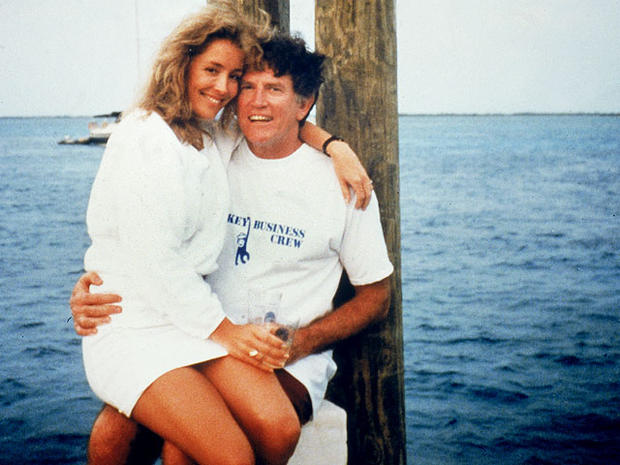 Fire on the Side (1988)
Fire on the Side (1988).jpg) Heart Attack at 23 (1988)
Heart Attack at 23 (1988)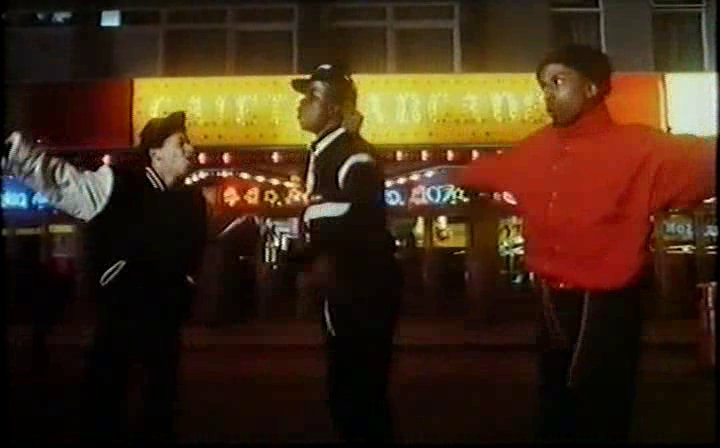 Fayth (1988)
Fayth (1988)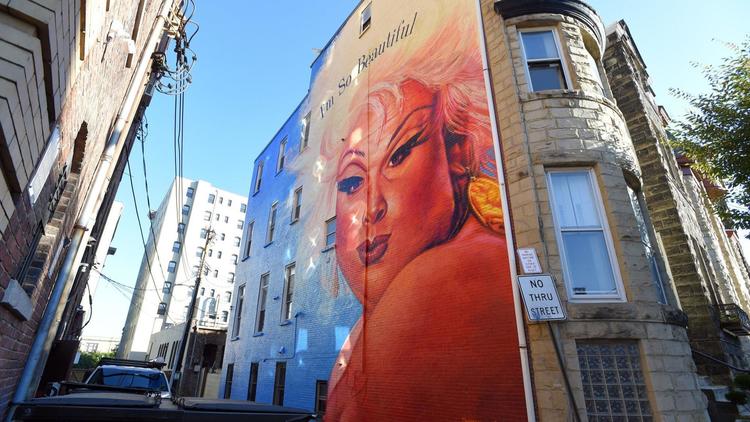 Baltimore (unreleased 1978 recording).
Baltimore (unreleased 1978 recording).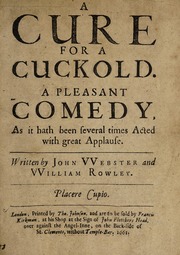 run on the site come Monday. In the meantime you can still follow me at
run on the site come Monday. In the meantime you can still follow me at  So, my next blog project, starting on Monday August 5th, is Boys in their Dresses: A Psychodiscography of Tori Amos. And I wanted to start by talking a little bit about why this project interests me, and also a little bit about my short to medium term blogging plans in general.
So, my next blog project, starting on Monday August 5th, is Boys in their Dresses: A Psychodiscography of Tori Amos. And I wanted to start by talking a little bit about why this project interests me, and also a little bit about my short to medium term blogging plans in general.